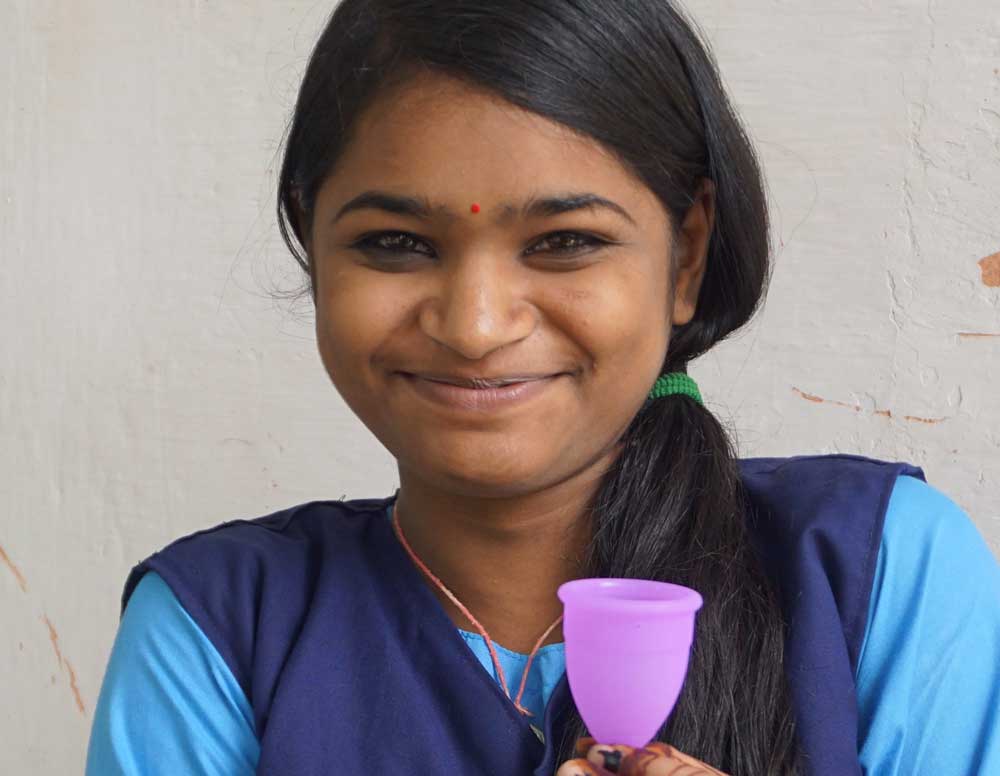Faculty from the Indian Institute of Management (IIM) Lucknow conducted a study that addresses a significant problem - low menstrual cup adoption rates in developing nations, especially India, despite their many advantages. The results of this study have been published in the prestigious Journal of Social Marketing in a paper co-authored by Dr Rinku Sanjeev and Smriti Shukla from Symbiosis International (Deemed University), Pune, India, and Professor Priyanka Sharma from the Department of Marketing at IIM Lucknow.

The results show that women’s attitudes towards menstrual cup adoption are significantly shaped by emotional values. Adoption intentions are also significantly influenced by elements including the need for information, price sensitivity, quality concerns, and environmental consciousness.
Menstrual cups can revolutionise feminine hygiene in India by lowering waste and infection risks for millions of women while also improving comfort, health, and environmental sustainability. Encouraging menstrual health is essential to promoting women's well-being and dignity in the country.

This study's main obstacle was tackling a subject that is frequently frowned upon in Indian culture. It is typically awkward for women to talk about their menstrual health, which makes data collection challenging. But as the study makes clear, menstruation wellness is essential for societal advancement as well as for the wellbeing of the person. Additionally, it is in line with the UN Sustainable Development Goals - Goal 3 (Good Health and Well-being) and Goal 6 (Clean Water and Sanitation). The study contributes to these global objectives by opening the door for both theoretical and practical advances in menstrual health.

Policymakers and social marketers looking to encourage the use of menstrual cups can benefit greatly from the knowledge gathered from this study. Marketing strategies can be developed to persuade more women to transition to menstruation cups by highlighting the emotional value of the product and highlighting its ecological benefits, such minimising environmental waste.
This study is unique in that it applies the value-attitude-behaviour paradigm, which has not received much attention in relation to menstrual cup adoption in developing countries. This novel technique not only builds a strong platform for future research in this important area, but also improves understanding of the motivators and barriers related to menstrual cup use.
This study will help women in India become more conscious and accepting of menstrual cups, which will improve their health and contribute to environmental sustainability.
Image source: Wearedame, Gumlet, Medical News Today